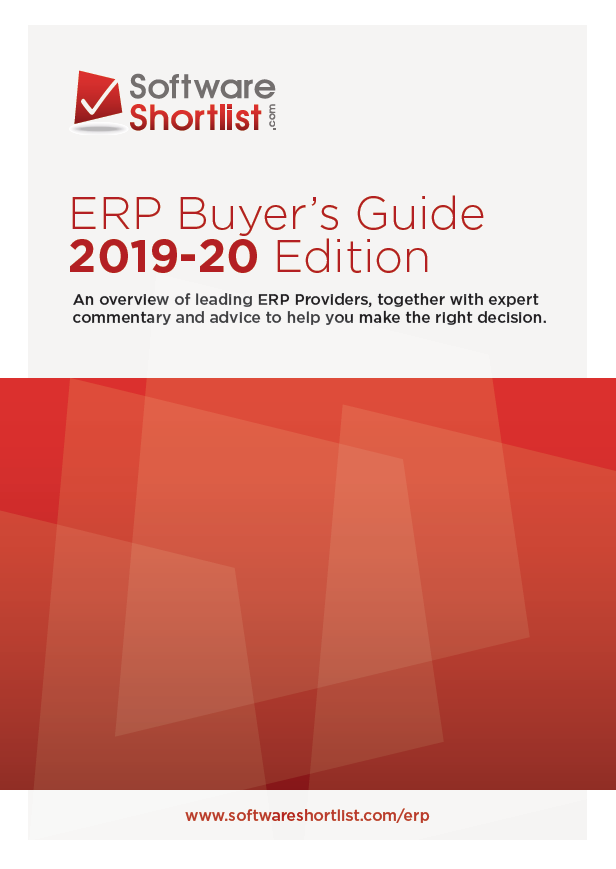Overview of process manufacture
Unlike discrete manufacturers who use BOMs (bills of materials) and standard components or parts for their businesses, process manufacturers use formulas and recipes to mix, transform or blend diverse ingredients or co-products to make their end products. Examples of process manufacturers include chemicals, pharmaceuticals, and food and beverage companies.
Process manufacturing typically has minimal interruptions during the production of similar products either in single or multiple runs. From this approach, several unique goods are produced in comparatively small batches that flow through diverse operations all through the manufacturing plant. Process manufacturing products are homogeneous with equal divisions to facilitate convenient or easy packaging.
Specific challenges and requirements of process manufacturers
Common challenges among different process manufacturers include stringent compliance regulations, increased global competition, acceleration and standardization of front office and back office business processes, and ever-changing consumer demands.
For process manufacturers to achieve this across various units of measure for their products, they need flexibility in their batch productions. Their internal processes tend to be complex; therefore, they need high control levels during the production processes. Some examples include:
- Faced with ever-changing customer demands, food and beverage manufacturing companies need to uncover creative ways of satisfying their customers while ensuring profitable operations. They also need to comply with government and industry regulations for all their business processes and end products.
- The distinct challenges faced by chemical manufacturers, whether regional or international, stem from competitive pressures, cost control, distribution channels, and regulatory measures. Chemical manufacturers need good control of business processes, high utilization of manufacturing assets, efficient operational costs, and the ability to make informed decisions on inventory, production processes, customer orders, and product distribution.
- Pharmaceutical manufacturers are often characterised by extensive product development, advanced technologies, and high sales margins. Some of the challenges that constrict growth include competition from over-the-counter and generic medicines, cost pressures, stringent regulations, and product shelf life.
- Primary metal manufacturers face different challenges, including regulations for process control and formulations, and complex market dynamics such as over-supply and realignments. For profitability, they need to achieve efficient supply chain management, optimized production processes, and ensure customer satisfaction.
With the right ERP software, process manufacturers can streamline, automate and integrate their operations, which leads to improved business and process performance.
ERP for process manufacturers
Process manufacturers would be well-advised to select an ERP solution that is designed for their specific industry and that can meet their needs without extensive customization. Particular ERP features that are important for process manufacturers include:
- Formula Management: This feature is the equivalent of a bill of materials in discrete manufacturing. However, a formula management feature specifies the type and amount or proportion of ingredients that are required to produce an end product. When this unit of measure is integrated with production processes, it permits the specified ingredients to be added during a production process at alternative times. This feature can also enable routing procedures to run simultaneously during a production process.
- Quality management: Part of the key to success in process manufacturing is being able to tell the quality of finished products at different life-cycles. Quality management is all about recording quality specifications for different products such as finished goods, intermediates, and raw materials together with their subsequent test results. With this information, a company will be able to track and record the quality of materials from procurement to production, to aftermarket usage.
- Lot tracking and control: This feature records the identity of any ingredient or product that is lot-controlled on any transaction material. With such information, a company is able to meet industry and government regulations for warranties and quality assurances. It also enables a process manufacturer to assign inventory from a lot on demand in order to meet specific consumer requirements before an order has been made. This functionality also provides effective management and control of expiration dates, which enables materials or products to be used before they expire, thus reducing inventory costs and write-offs.
- Production schedule management: This helps process manufacturers schedule production processes using user-defined criteria such as shifts, hours, or any other time formats that fit their production cycle. It updates work orders as the production process moves through different stages, and any changes in the quantity of ingredients used are immediately reported, which helps to maintain standard ingredient proportions.
- Regulatory Compliance: Functionality to deal with different regulatory compliance issues is a major challenge and requirement for process manufacturers. The right ERP can help create a production system that is in line with regulatory requirement from different bodies such as REACH, the FDA, and RoHS. Key elements of this typically include effective traceability and auditing of different processes.
- Supply Chain Management: This automates different supply chain activities using scanning and barcoding, ensuring that materials and products are well accounted for and providing greater visibility into the acquisition, production and distribution of products.
In summary, process manufacturers should look to choose an ERP solution that is well-suited to their specific requirements in order to best achieve their desired business growth, customer satisfaction, and profitability.
Article contributed by Joy M.



